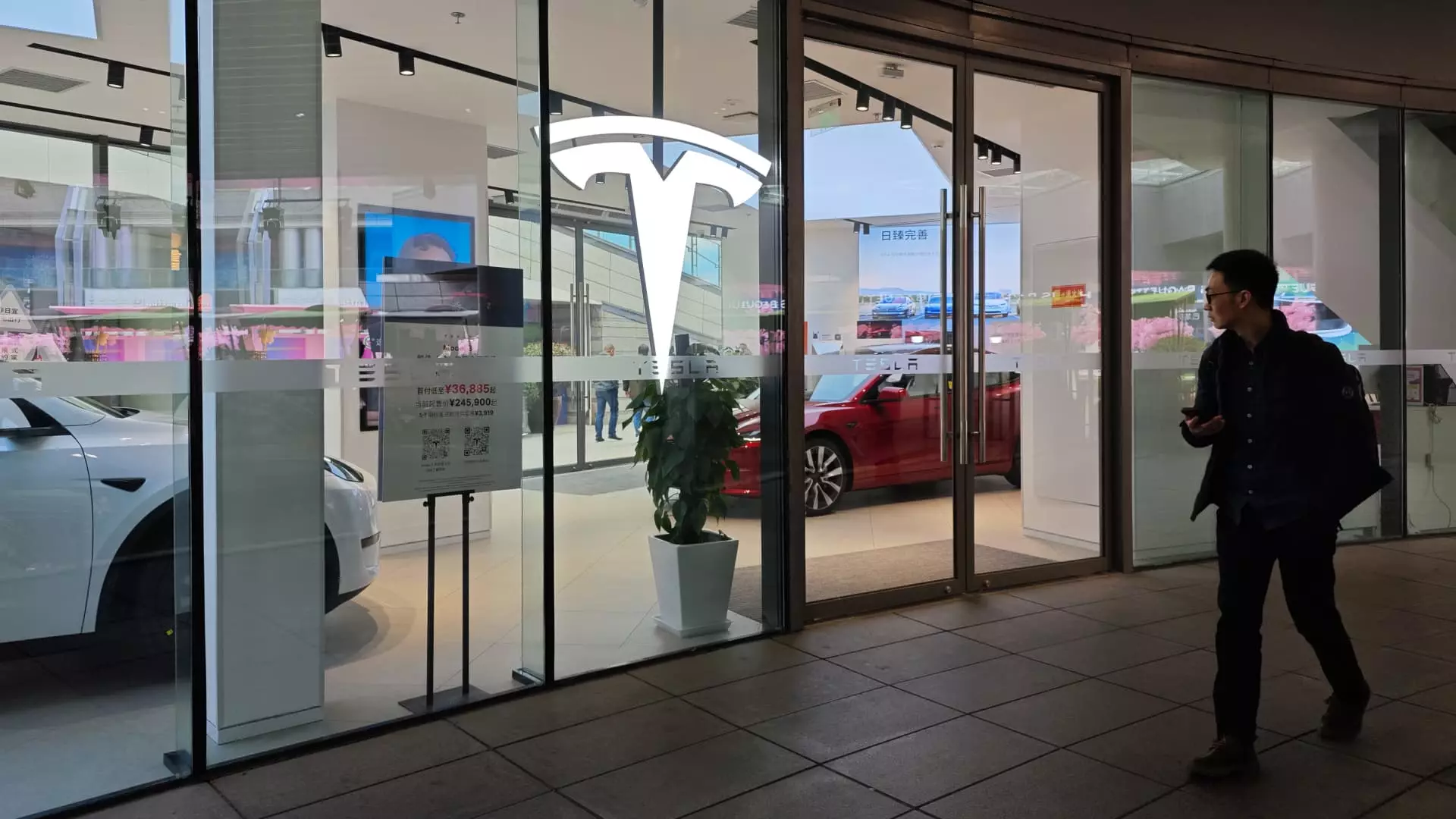Recent price cuts by electric vehicle companies Tesla and Li Auto have sent shockwaves through the market, causing a significant decline in their share prices. In response to the fierce competition, Tesla reduced the starting price of its Model 3 in China, while Li Auto also slashed prices for its various models. These price adjustments reflect the fierce battle for market share and dominance in the electric vehicle industry.
The market responded swiftly to the price cuts, with Tesla shares plummeting 3% in premarket trading and Li Auto hitting an 11-month low. Other Chinese electric vehicle makers, such as Nio, Xpeng, and BYD, also experienced declines in their stock prices. The intense competition in the Chinese electric vehicle market has prompted companies to resort to tactics like price reductions to attract customers and stay ahead of their rivals.
China’s electric vehicle market has become increasingly competitive, with local automakers vying to outperform U.S. giant Tesla through innovative technology and competitive pricing. The goal of many Chinese EV manufacturers is to surpass Tesla and establish themselves as leaders in the industry. This drive for dominance has led to a wave of industry consolidation and strategic maneuvers to gain a competitive edge in the market.
In addition to price cuts, companies like Xiaomi have entered the electric vehicle space with the launch of their SU7 electric car, priced at a lower rate than Tesla’s Model 3. Xiaomi’s claims of superior driving range and innovative features further highlight the technological advancements being made in the EV industry. With each company striving to outdo the other, consumers can expect to see a rapid evolution of electric vehicles and a wider range of options in the market.
The price cuts and intense competition among electric vehicle companies signal a dynamic and rapidly changing industry landscape. As companies battle for market share and innovation, consumers are likely to benefit from lower prices, improved technology, and a greater variety of electric vehicle options. The future of the electric vehicle industry promises to be exciting and transformative, with companies continually pushing the boundaries of innovation and competition to meet the evolving demands of consumers.


Leave a Reply